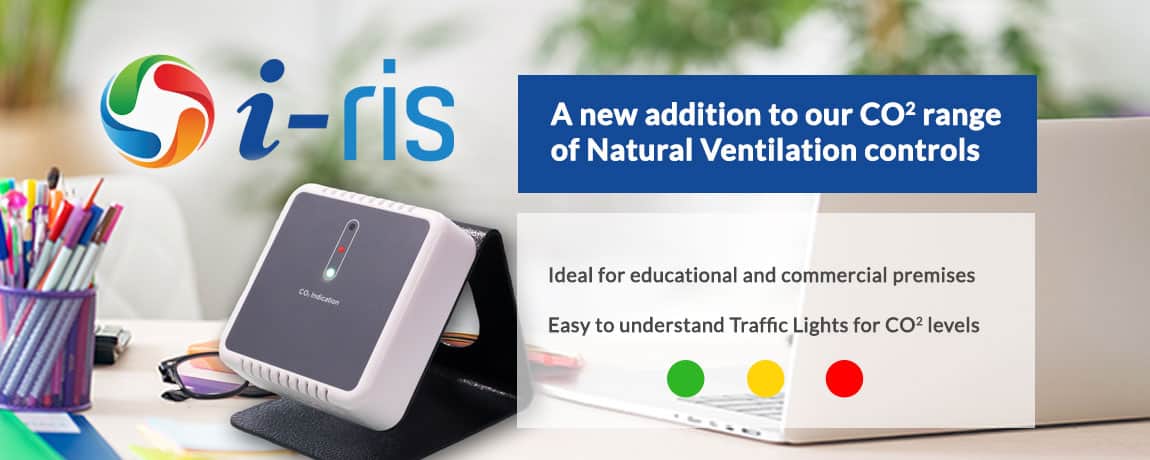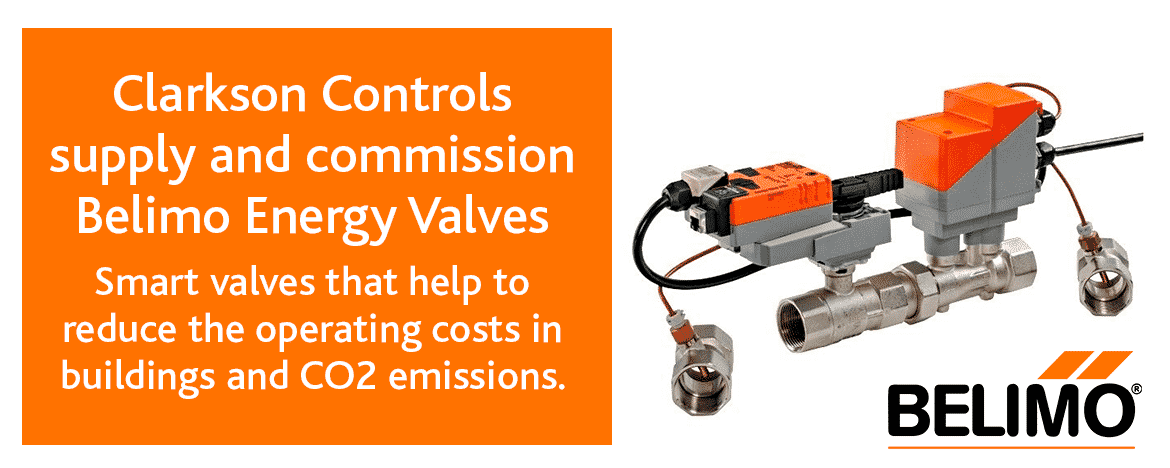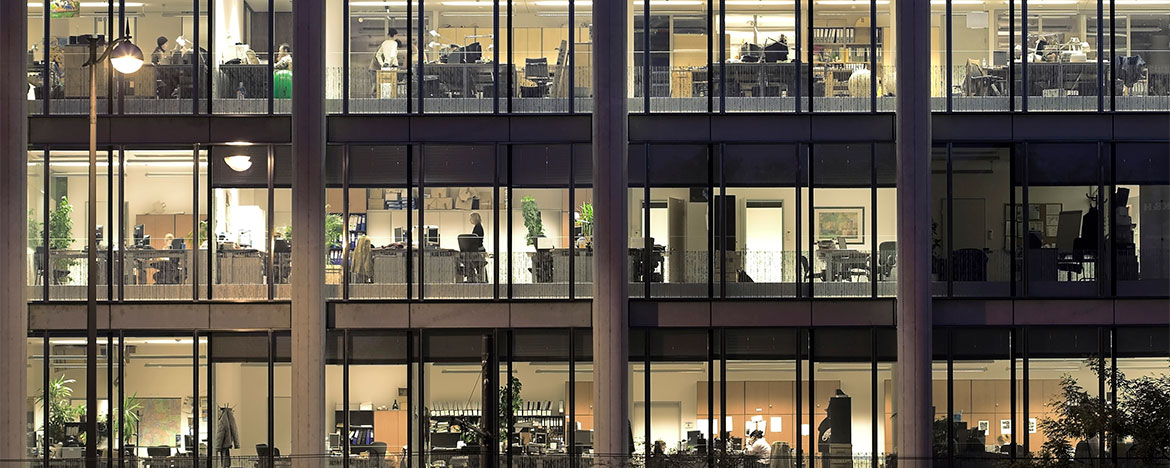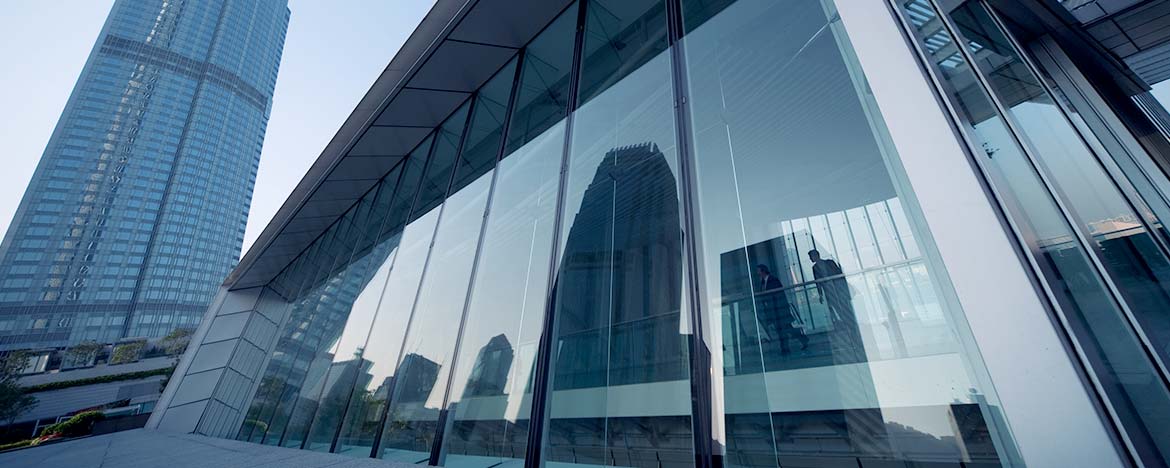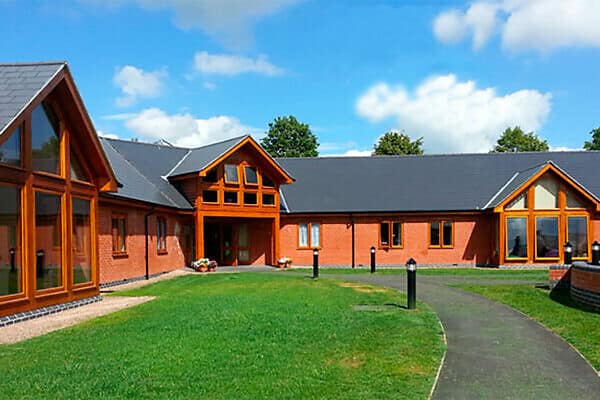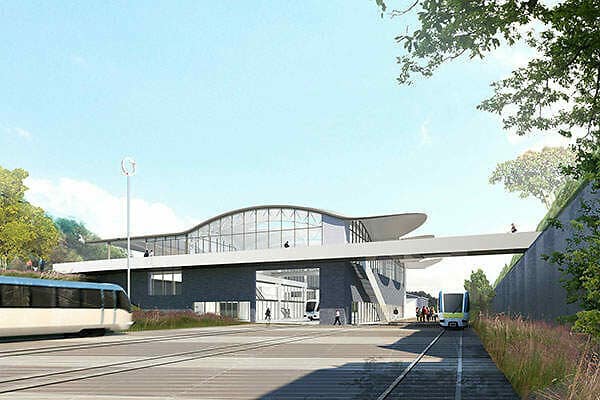
Temperature at work can be a health and safety issue
Too much heat can make us feel tired and less energetic, cause heat (muscle) cramps, and place extra strain on the heart and lungs. Tiredness and loss of concentration can also lead to an increased risk of accidents.
Heat exhaustion can occur after being exposed to heat for a prolonged period of time. Symptoms include: very hot skin that feels flushed, heavy sweating, dizziness, extreme tiredness (fatigue), nausea (feeling sick), vomiting, a rapid heartbeat (tachycardia), confusion, and urinating less often and much darker than usual.
If not treated by cooling and rehydration, it can lead to heatstroke.
Heatstroke/sunstroke, is much more serious, and occurs when the body’s temperature becomes dangerously high due to excessive heat exposure. The body is no longer able to cool itself and starts to overheat. Symptoms include: high temperature (40°C or above), heavy sweating that suddenly stops (the body is so dehydrated it can no-longer reproduce sweat), a rapid heartbeat, rapid breathing (hyperventilation), and muscle cramps. It can also affect the nervous system, which can cause other symptoms such as: confusion, lack of co-ordination, fits (seizures), headache, vertigo (the sensation that you’re moving or spinning when standing still), restlessness or anxiety, problems understanding or speaking to others, visual or audio hallucinations, and loss of consciousness. This condition can prove fatal and survivors may suffer organ damage.
Generally, the acceptable area of comfort for most types of work is between 16C to 24C. The Chartered Institute of Building Services Engineers recommends: 16C for factories, 18C for hospitals, and 20C for offices. However, heavy work in factories may make 13C comfortable, whereas very sedentary work may still be performed with reasonable comfort around 24C.
Clarkson Controls design Building Management Systems (BMS) to control your buildings heating, ventilation and air quality including CO2 levels. Our sensors are designed by control engineers here in Worcestershire. Our HVAC controls help improve occupant comfort, humidity, ventilation, resulting in a reduction in energy consumption and energy operating costs.

